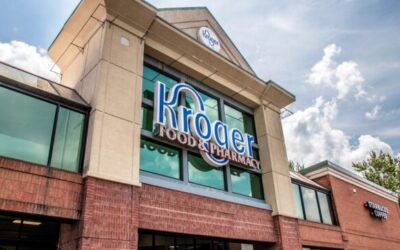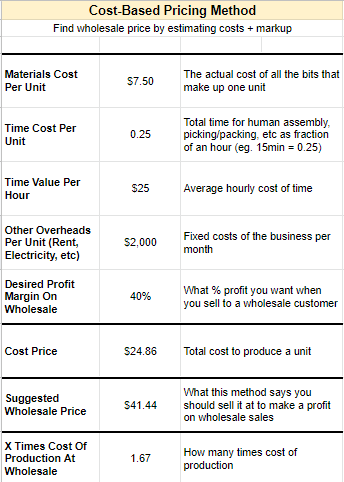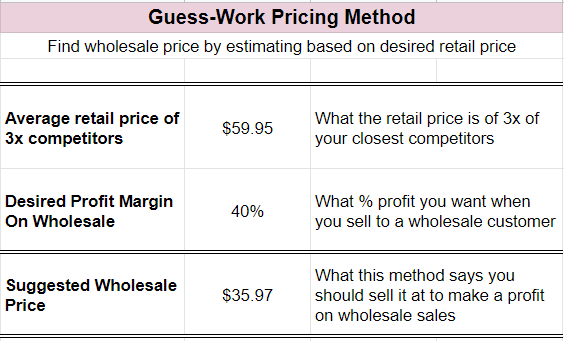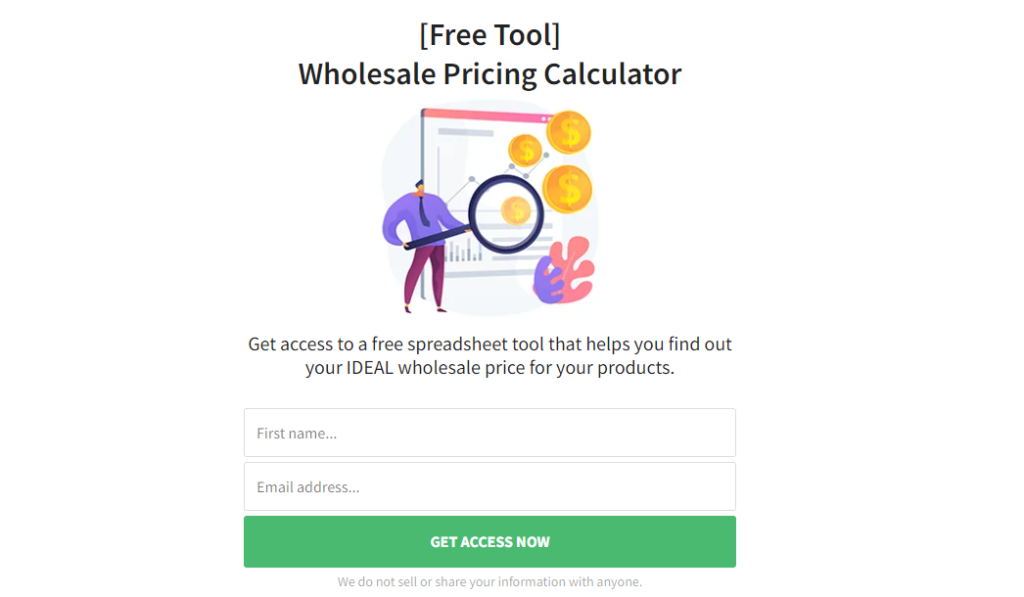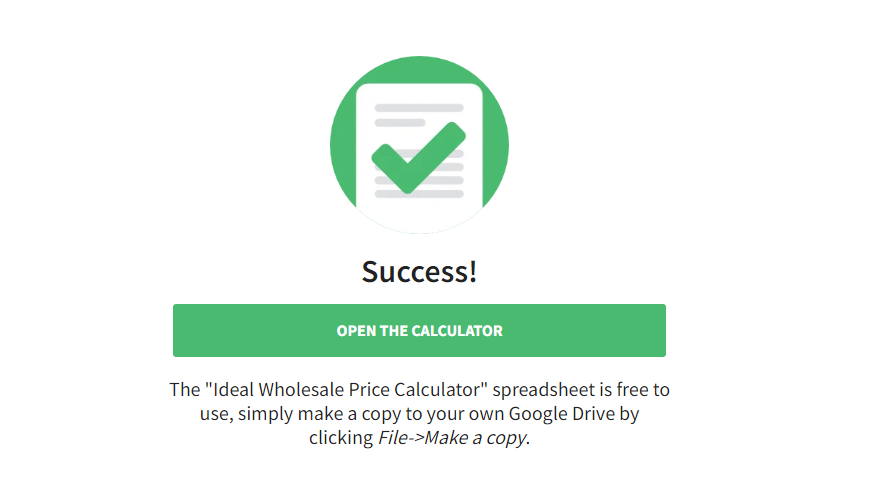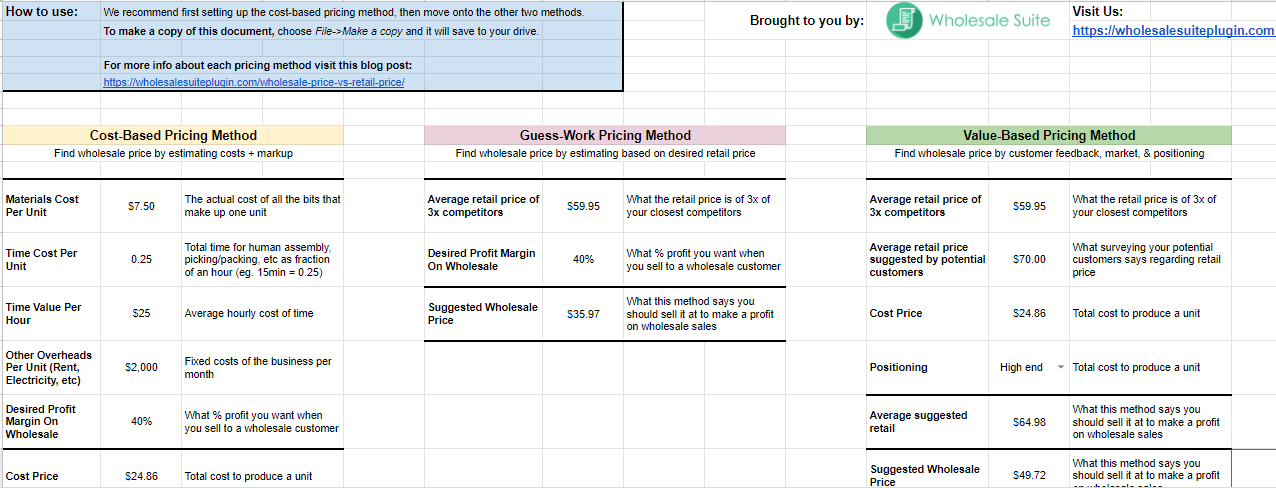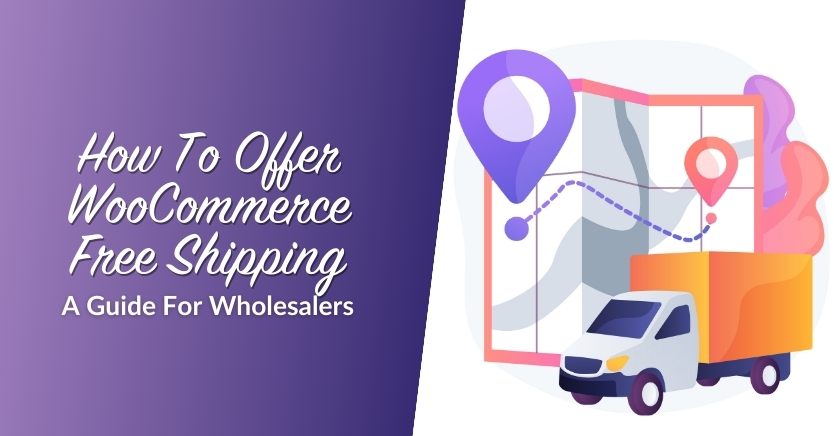What Is The Best Wholesale Price Formula For Your Store?
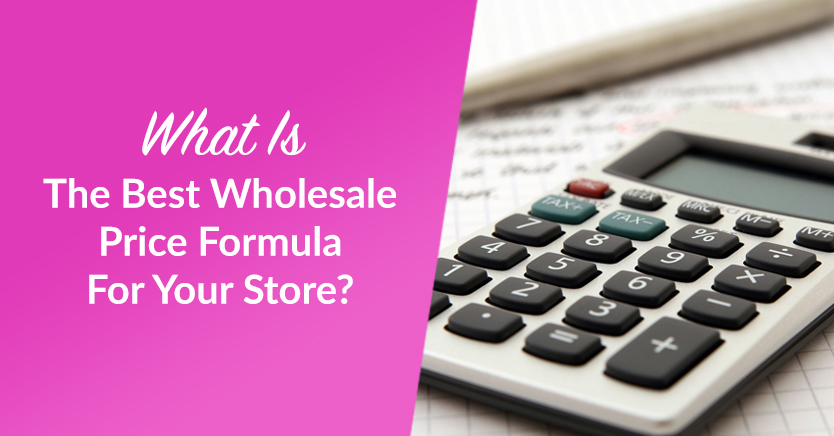

As a store owner, you may already be familiar with different pricing strategies. However, if you’ve recently decided to start taking bulk orders, you may be looking for the best wholesale price formula for your business.
There are different options to choose from when it comes to wholesale pricing. By weighing the pros and cons of each strategy, you should be able to find a solution that makes the most sense for your business.
In this post, we’ll discuss the different wholesale price formulas to help you choose the right one for your store. Let’s get started!
The 3 Different Types Of Wholesale Price Formulas
There are three different types of wholesale price formulas to choose from. These are as follows:
1. Cost-based wholesale price formula
Cost-based wholesale pricing is a strategy where a business sets the price of a product based on the cost of manufacturing or acquiring that product, plus a markup.
Typically, the formula for cost-based wholesale pricing is something like this:
Materials Cost + Labour & Time Invested (if applicable) + Overheads ( like rent, electricity, etc) + Profit Margin
Here’s a simplified version:
Wholesale Price = Cost of Product + Markup
The cost of the product should include all production expenses, such as materials, labor, and transportation. The markup is the amount added to the cost of the product to cover overhead costs and generate a profit:
Cost-based wholesale pricing is relatively easy to calculate, as it’s based on the actual cost of the product. This can be especially beneficial for small businesses that may not have the resources to conduct extensive market research or develop complex pricing strategies.
Plus, this strategy can help you avoid pricing yourself out of the market. By setting wholesale prices based on production costs, you can make sure that you’re not overcharging your customers and losing them to competitors.
However, this wholesale pricing formula can also have some drawbacks. For instance, it does not take into account market conditions or competition. Your competitors may be charging less for similar products.
Additionally, cost-based wholesale pricing may not allow for flexibility in pricing. If your manufacturing or overhead costs change, the price of the product will also need to change to reflect those expenses. Otherwise, you risk operating at a loss.
2. Guesswork wholesale price formula
Guesswork wholesale pricing is when you set the price of a product based on what the competition is charging for similar items. As you can probably tell, this strategy does not rely on a specific formula, but rather on the judgment of the business owner or marketing team.
For example, you might work out the average retail price of your competitors. Then, you can establish a desired profit margin on your wholesale products (e.g., 40%) and price your items accordingly:
This wholesale pricing strategy gives you more flexibility than the previous method. You can adjust prices based on trends in the market. Plus, you can respond quickly to changes in demand. This can be particularly beneficial in fast-moving markets where prices are constantly shifting.
Moreover, guesswork wholesale pricing can take into account factors that are not easily quantifiable, such as brand reputation or customer loyalty. These factors can have a significant impact on the perceived value of a product and may determine the price that customers are willing to pay.
On the downside, it can be difficult to predict a competitive price and you may end up overpricing or underpricing your products. This can lead to lost sales or decreased profits.
Additionally, guesswork wholesale pricing may not be as transparent as other strategies. Since it does not rely on any formula or manufacturing costs, customers may struggle to understand the reasoning behind the price.
3. Value-based wholesale price formula
If you opt for value-based wholesale pricing, the focus is on the value that your product provides to customers, rather than the cost of producing it. You’ll need to determine the perceived value that people place on your product and set the price accordingly.
This may involve collecting customer feedback, conducting market research, and auditing your competitors. However, you’ll also need to take production costs into consideration. Ideally, the final wholesale price should be twice as much as the cost of production:
Value-based wholesale pricing can help you differentiate yourself from the competition. By focusing on the value of your product, you can create a unique selling proposition to help attract and retain wholesale customers.
Additionally, this pricing strategy can be more sustainable in the long term, as it’s not reliant on cost-cutting measures or other significant changes. This means you can help maintain profitability and growth.
However, it can be difficult to accurately determine the value of your product. This can lead to pricing that is too high or too low.
Also, a value-based pricing strategy can be a little costly. For instance, you may need to hire a marketing professional to carry out market research for your business.
How To Calculate Your Wholesale Price Formula
Whichever strategy you choose, you’ll want to get it right. However, calculating your wholesale price can be a little challenging, especially if you struggle with maths!
Fortunately, our free wholesale price calculator can do all the work for you:
To get started, enter your name and email address. Once you’ve successfully registered, you can access the calculator:
This will take you to a spreadsheet that contains the three wholesale price formulas discussed in this post. We recommend that you make a copy of the document before you start using it:
Then, simply choose your preferred pricing method and start entering your own numbers. For example, if you go with the cost-based wholesale price formula, you’ll need to enter the materials cost per unit, time value per hour, and other expenses.
Our calculator will then give you a suggested wholesale price, based on those figures. We recommend that you experiment with different formulas, so you can then choose the one that best fits your needs.
Conclusion
When working out your wholesale prices, you’ll need to make sure that you’re not overcharging or undercharging your customers. Using a tool like our free wholesale price calculator, you can try out different formulas and choose a pricing strategy that works best for your business.
To recap, here are the three main wholesale price formulas:
- Cost-based pricing: This takes into consideration all costs involved in the manufacturing and delivery of the product.
- Guess-work pricing: With this strategy, you’ll need to determine the average retail price of similar products in the market and price yours accordingly.
- Value-based pricing: The price is based on the value of the product, rather than its production costs.
Do you have any questions about the wholesale price formulas discussed in this post? Let us know in the comments section below!
The post What Is The Best Wholesale Price Formula For Your Store? appeared first on Wholesale Suite.






